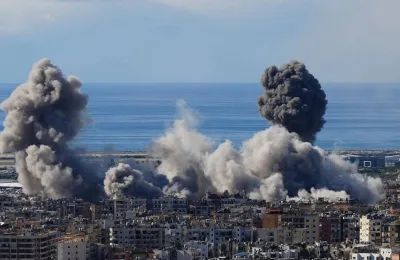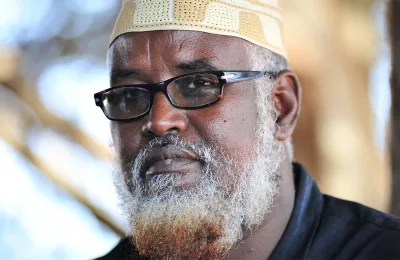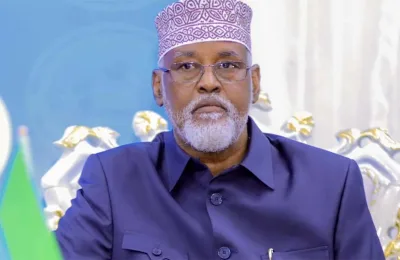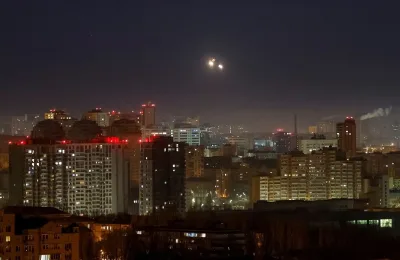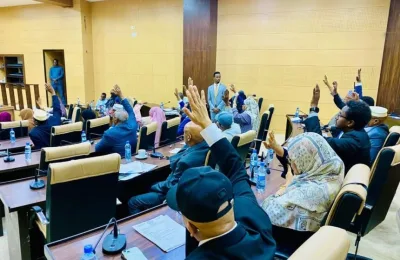Somali traders boycotted business on Sunday (February 18) to protest tax hikes imposed by the government.…

Somali traders boycotted business on Sunday (February 18) to protest tax hikes imposed by the government. Stalls in Mogadishu’s sprawling Bakara market – a lifeline for the city and surrounding areas, remained closed for the day.
Somalia’s central government imposed a 5% sales tax last month, part of its efforts to win billions of dollars in international debt relief.
The Finance Minister said domestic revenue was up to $141m in 2017 from $110m in 2016 and much more is needed before the government is self-sufficient, a key step toward accessing about $4.6 billion in international debt relief.
But the moves have angered the country’s most powerful businessmen.
Desperate to claw in revenue
“Today the market has not been closed by the business people but by the government, because they do not recognize the needs of business people. We request the government to analyze our needs and give us respect and reduce the tax so we can work smoothly in the market,” said businessman Bile Abdi Siyad.
“The market is closed because of the government. They ordered us to pay unaffordable taxes, which the rest of locations around the country do not pay. We met with the finance minister and he told us, in english, ‘pay the tax or go to Kismayo.’ I do not understand english very well. We are very angry about that statement, ‘go to Kismayo or Bossaso’. He will no longer be a minister to us – a representative of the government, if he does not respect our complaints. As you can see my store is closed and I did not leave any money for my family. I lost five percent last year and they ask us to pay more tax. Who is going to recover my losses? I can show you my balance,” said Ali Hassan, another businessman.
Somalis say they are reluctant to pay up to an administration that many consider corrupt and inefficient.
Almost all of Somalia’s budget goes on paying its politicians and civil servants; ordinary citizens see little being spent on improving public health, education or infrastructure in their bullet-scarred city.
Somalia has been wracked by civil war since 1991, and the cash-starved, U.N.-backed government in Mogadishu is desperate to claw in the revenue it needs to pay staff and provide services like security.
Source: Reuters

